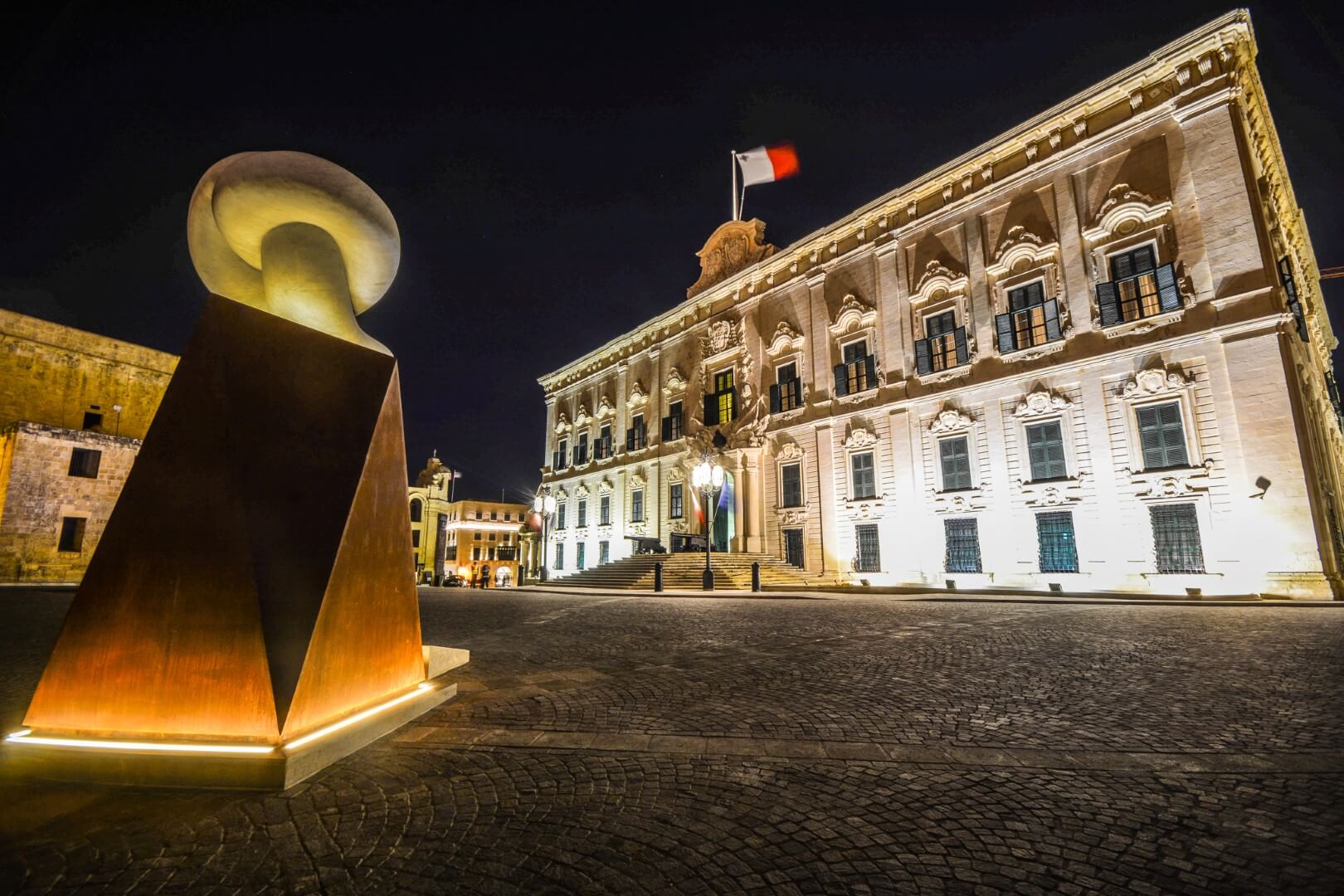Practical Information About Malta
The Maltese archipelago consists of three inhabited islands, Malta, Gozo and Comino. They lie in the middle of the Mediterranean Sea with Malta 93 km South of Sicily and 230 km north of Africa. The total area of the Islands is 316 square km. And the longest distance on the island of Malta is 27 km.
Climate
Malta is blessed with one of the most agreeable climates in the Mediterranean. The weather is warm even in winter. Between April and September there is virtually non-stop sunshine. The hottest period is mid-July to the end of September, but the nights are tempered by cool breezes from the surrounding sea. The average summer temperature (May-October) is 23ºC whilst that of winter (November-April) averages 11ºC.
Electricity
Electricity supply is 240 volts, 50 Hertz. The square-fitting standard three-pin, 13 Amp British plugs and sockets are used.
Language
The official languages are Maltese and English. Almost all the Maltese speak English. Maltese is a Semitic language written in the Roman script comprising a vast element of words of Italian, French and English origin. Italian is also widely spoken.
Time
Malta is on Central European Time (CET), that is one hour ahead of Greenwich Mean Time (GMT) in winter and two hours from last Sunday in March until last Sunday in October.
Currency Exchange & Credit Cards
On 1st January 2008 Malta adopted the Euro as its official currency. From this date onwards, the Euro became legal tender in Malta and Gozo.
For more information, go to www.euro.gov.mt
Medical Care
Malta enjoys a high standard of medical care. The general hospital, Mater Dei is in Msida, but there are government health clinics in various towns.
Persons who are receiving medical treatment and who may need to carry medications into Malta or purchase fresh supplies locally would be well advised to arm themselves with a letter of introduction from their doctor.
Malta has special clinics for diabetic sufferers and pharmacies generally stock a wide variety of diabetic products.
Milk is pasteurised and available daily in cartons. All dairy products are safe for consumption.
Water is safe to drink but we advise you to purchase bottled water for consumption.
Dress
In summer, very light and informal clothing. In winter, some lightweight dress for the warm, sunny days, together with some warmer clothing for the cooler days and evenings.


